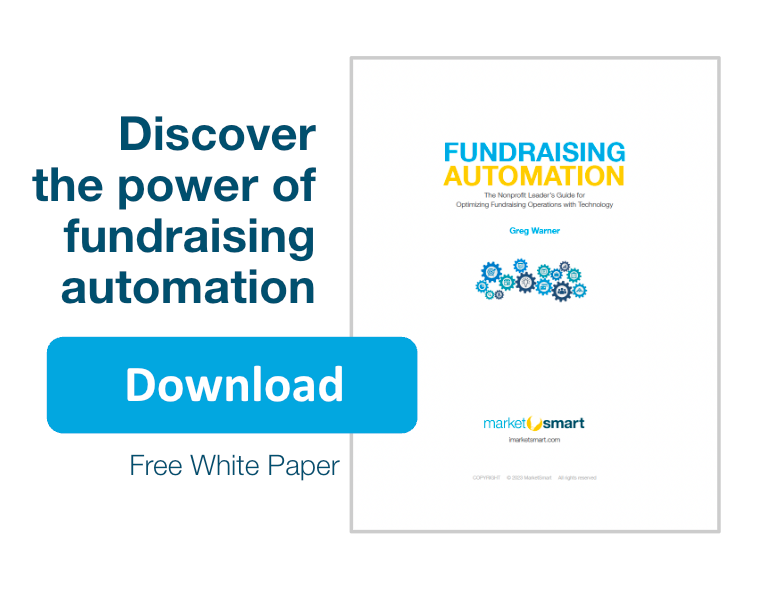Put the proposition in human terms. Imagine two people that you observe on multiple occasions:
- One seems to be playing a role, the other seems comfortable in his or her skin
- One boasts, the other understates
- One speaks in superlatives, the other uses fact
- One wants to be seen as important, the other makes you feel important
- One bristles at tough questions, the other leans into them
- One dominates the conversation, the other is solicitous
- One tells you what you should do, the other asks how to best work together
Who do you see as more confident and, by extension, more competent? Who are you more likely to trust, work with and invest in? It’s more than obvious, isn’t it? Then, why, in the name of fundraising do we so often default to the self-important, posturing, pathetic persona – be it in person or in prose?
Once again, think about the phrases we use including:
- Making a pitch (often in elevators)
- Issuing an appeal
- Making our case
- Explaining our needs
- Urging donors to support us
We can’t project competence by demonstrating so little confidence – in ourselves or in our potential partners.

Jim Langley is the president of Langley Innovations. Langley Innovations provides a range of services to its clients to help them understand the cultural underpinnings of philanthropy and the psychology of donors and, with that knowledge, to develop the most effective strategies and tactics to build broader and more lasting communities of support. Jim has authored numerous books including his most recent book, The Future of Fundraising: Adapting to New Philanthropic Realities, published by Academic Impressions in 2020.
Related Resources:
- Webinar: 4-Step Process for “Reimagining Fundraising Operations”
- 7 reasons why wealth screening your donor list might be an incredibly foolish activity
- 3 Simple Ways to Start Major Donor Conversations Off on the Right Foot
- Do you have a job or do you have a mission?




